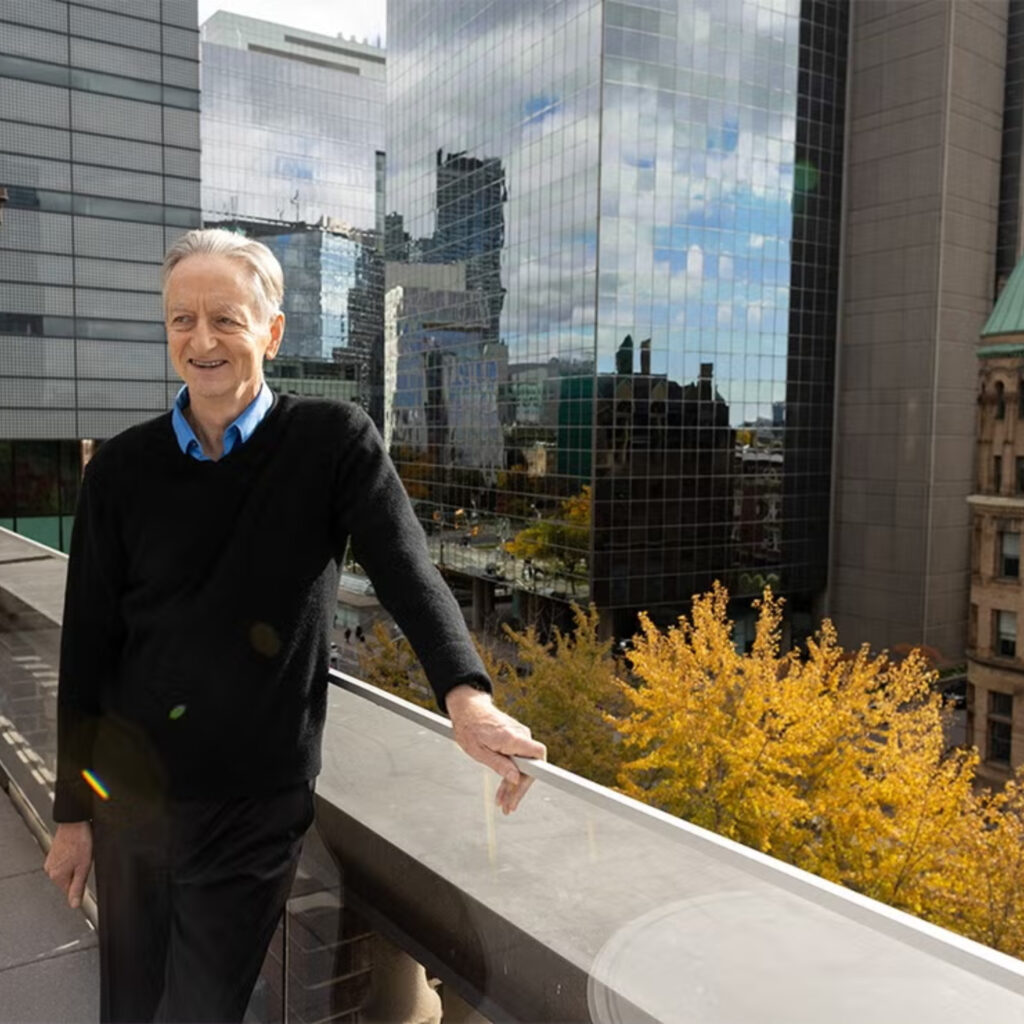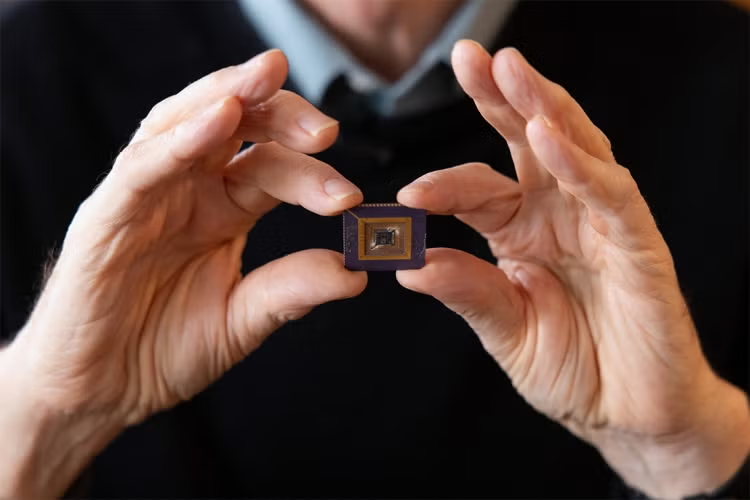As his public stature grows, ‘Godfather of AI’ Geoffrey Hinton heads to Stockholm to accept his Nobel Prize

“Godfather of AI” Geoffrey Hinton was already on his way to becoming a household name when he won the 2024 Nobel Prize in Physics for foundational work leading to today’s artificial intelligence boom.
Two months later, his celebrity has hit a whole new level.
Emerging as a public figure
The University Professor emeritus at the University of Toronto says he now gets recognized on the street and that strangers regularly ask him for selfies. On a recent flight to Toronto, one flight attendant even grabbed the intercom to announce his presence on the plane. That’s in addition to a torrent of requests to speak to media, appear on podcasts and read academic papers.
As he prepares to travel to Stockholm on Dec. 10 to officially accept the honour alongside co-winner John J. Hopfield of Princeton University – which will be celebrated via watch parties and other “Nobel Week” events at U of T – Hinton says he plans to put his growing fame to good use.
“It will be useful when I talk about AI risks,” he says, referring to the warning bell he began sounding in 2023 about the potential existential threat posed by rapid and unchecked AI development.
“It will make people take me more seriously.”
For example, he was recently invited to be part of a webinar with Nobel Peace Prize laureates on whether AI should be used to decide if and when to launch nuclear weapons – a foreboding new twist on a Cold War-era threat that has preoccupied fellow U of T Nobel laureate John Polanyi, a University Professor emeritus of chemistry.
“I think it’s a bad idea,” Hinton says for the record.
Yet, as scary as such a scenario is to contemplate, Hinton has focused on what he considers an equally grave threat to humanity: the moment when machine intelligence surpasses that of our own.
That’s why he’s called on governments to develop regulations to guide AI development and deployment. It’s also why he’s urging companies to devote more funding to AI safety research as they rush to explore the myriad ways the technology can be used to make our lives better – from finding cures for deadly diseases to discovering new materials to help combat climate change.


